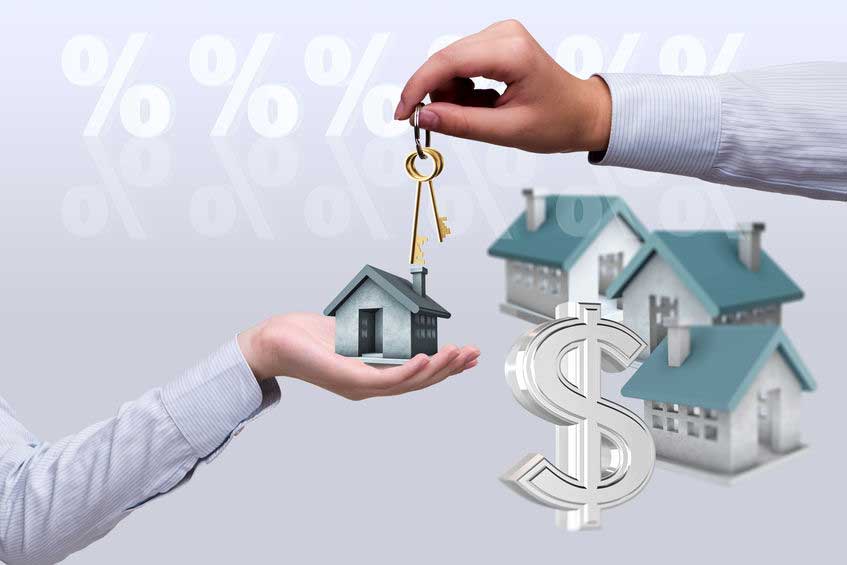
Jul 8, 2019
Private or alternative mortgages are funds that originate from private individuals, mortgage investment companies (MICs) or mortgage finance companies (MFC) who lend out for investment purposes. Private or alternative mortgage providers are willing to lend money out to borrowers who have equity in their property, need financing for a short term (up to 3 years), and don’t qualify for a mortgage by other means.
The mortgage can be a first mortgage, or, it can be a mortgage in second or third position.
Alternative lending is aimed at borrowers who do not meet traditional lending criteria and when traditional loans cannot be approved. When a home buyer or real estate investor cannot qualify under a large number of requirements that the conventional lending sources need to be satisfied before they are able to lend, the viable options are private or alternative mortgages.

Jul 8, 2019
What are the reasons why your mortgage application might have been denied? Banks and other traditional lenders have strict regulations and criteria to follow when approving mortgages to the potential borrowers who apply with them.
When you apply, some of the major factors that prime lenders will examine are your credit (score, rating, report, history), your employment record and gross monthly income, your net worth, and your history of debt. If your creditworthiness comes up short, meaning you have poor finances or credit and/or a record of not paying back what you borrow, or no steady- income, chances are that your application may be denied. In other words, banks especially cannot be sympathetic to you just because you really want a mortgage.
In some cases, a reason that your application may be denied is the property by itself. Not all properties are financed by traditional lenders. Among them: rural properties, vacant land, leaseholds, hotel/motels, gas stations, and churches.
If you do not qualify under a large number of requirements that the conventional lending sources need to be satisfied before they are able to lend, the viable options are private or alternative mortgages.




